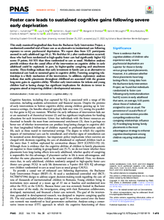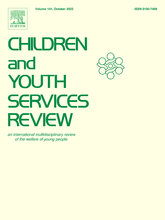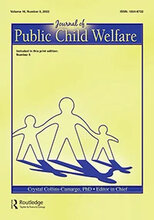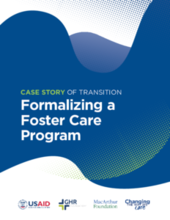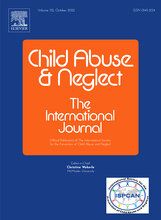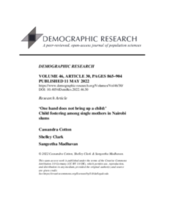Displaying 121 - 130 of 2221
This study examined longitudinal data from the Bucharest Early Intervention Project, a randomized controlled trial of foster care as an alternative to institutional care following exposure to severe psychosocial deprivation. The findings indicate that early investment in family care as an alternative to institutional care leads to sustained gains in cognitive ability.
Under the auspices of the Ukraine Children’s Care Group, one of two learning events were held in July and September 2022. This event, "Addressing the need for foster care in the context of the Ukraine crisis", was held on September 7th in collaboration with HDPI. It focused on better understanding the foster care systems and services in Ukraine and neighbouring countries hosting Ukrainian refugee children, specifically Poland, Romania, and Moldova.
The purpose of this qualitative study is to explore the experience of birth children of foster parents. The study examines the retrospective narratives of 14 Israeli adults, ages 18–38, whose families fostered a child for at least one year in the context of the Israeli foster care system.
This paper reviews the range of factors state legislation includes in the U.S., reviews scant existing literature on how termination of parental rights (TPRs) may effect youth, and proposes several options for ways that unproductive TPRs can be reduced, and timely reinstatements increased.
Speakers from Mothers Choice, Hong Kong and the International Parent Advocacy Network participated in the webinar and their presentations focused on:
- Examples of family based care, reunification and support in Hong Kong
- The shared goals of parents and foster carers
- The resources required to work together successfully
The story of Identity Mission tells how a program focused on supporting vulnerable children by providing family-based care solutions alongside the local church came to be and what the challenges were to creating a mission focused on family. It is the story of one person’s own transition.
IACN hosted a webinar titled 'Locating Foster Care in the Realm of Child Protection and Alternative Care for Children' in collaboration with CERI and Foster Care Society.
Debates exist regarding whether foster youth should be asked about their placement preferences following removal, with only youth aged 12 years and older at times assumed legally competent to provide input. The present study evaluated whether placement-related factors known to predict youth's well-being also shape their placement preferences and whether preferences differ between youth below and above the age at which they are considered legally competent to provide input.
Black and Latinx youth are more likely to be placed into foster care compared to non-Latinx white youth. Foster care placement can facilitate mental health service use, yet youth from marginalized and oppressed racial and ethnic groups in foster care are still less likely to receive mental health services compared to non-Latinx white youth. This study aims to examine this discrepancy Black and Latinx youth face by testing (a) whether mental health need moderates the relationship between race or ethnicity and foster care placement and (b) whether race or ethnicity moderates the relationship between foster care placement and mental health service use.
Childrearing in sub-Saharan Africa is often viewed as collaborative, where children benefit from support from kin. For single mothers living in informal settlements, kin networks may be highly dispersed and offer little day-to-day childrearing support, but may provide opportunities for child fostering. This study conducted in Nairobi, Kenya, uses a linked lives approach, where single mothers’ connections with kin and romantic partners may influence whether – and what type of – kin are relied on to support child fostering.

